Conflict can come in many shapes and sizes. A good fight can be painful in the moment, but it can also bring people closer.
- Physical violence
- Threats
- Bullying
- Insulting
- Intimidating
- Condescending
- Sarcasm
- Focusing exclusively on what your partner is doing wrong versus how you’re feeling
- Generalizing statements like: “You always do this”, versus focusing on the incident at hand.
- Fighting in front of the kids
- Expressing your feelings is better than keeping them inside.
- Fighting means you’re engaging with each other.
- Expressing your feelings and exposing yourself is part of being vulnerable with your partner.
- The opposite of love is not hate. It’s indifference, or not caring.
- Fighting means you’re not avoiding issues and sweeping things under the rug. Remember that under the rug doesn’t mean it disappeared.
- Sweeping under the rug leads to distance and resentment over time because issues don’t get dealt with.
It’s hard to hear each other when the adrenaline is high and you’re both in fight/flight mode. That’s when the defenses are up. At some point though, when things calm down, you need to make room for both of your experiences.
Then you can try to work together to find compromises and solutions. This is another aspect of a good fight that can bring you closer together.
That’s why it’s so important to apologize for hurting each other, whether it was intentional or not. It needs to be authentic. Words aren’t enough.
Not a whole lot can happen when the guns are blazing. It’s ok to let the dust settle a bit. You know the dust is settling when you start to feel calmer, your heart stops racing, you start to feel bad for some of the things you said and did.

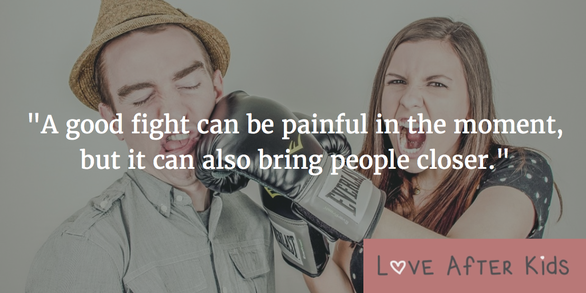
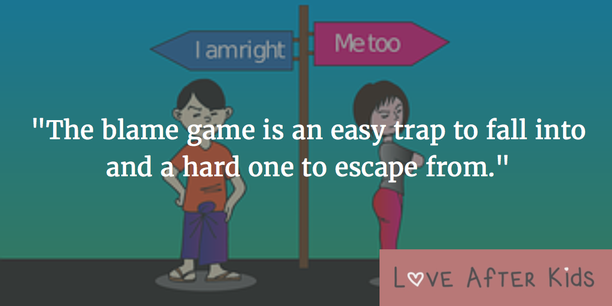
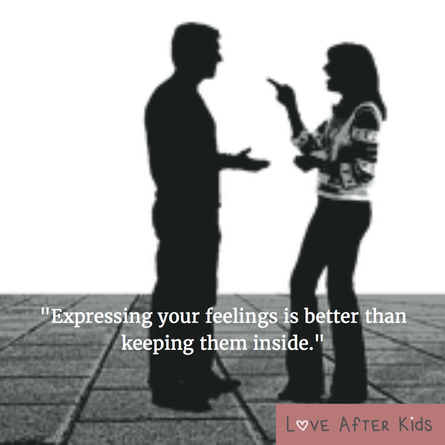
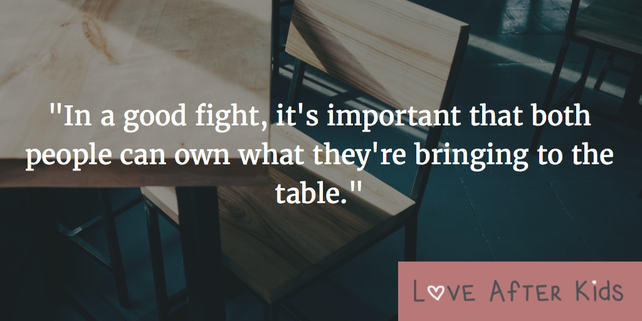
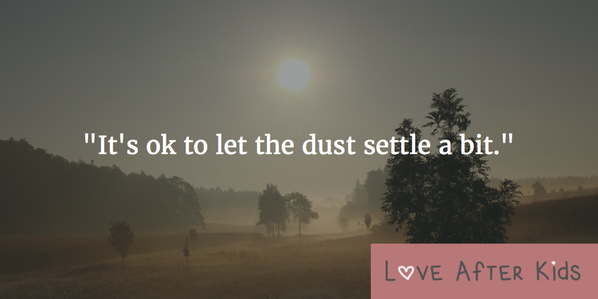
 RSS Feed
RSS Feed